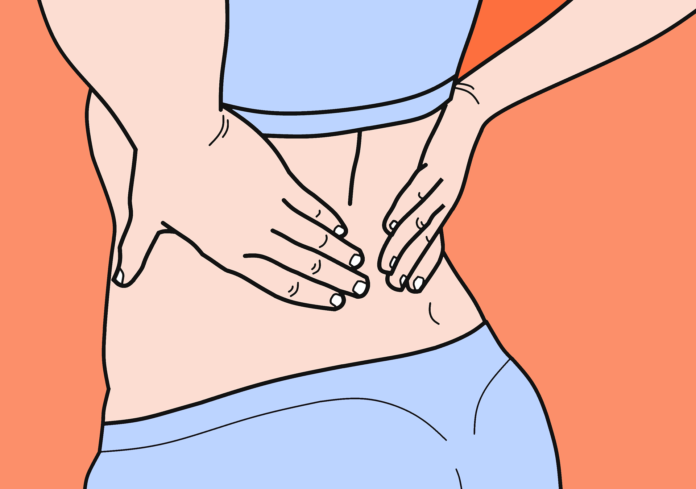Study finds infants who were fed soy based formula milk suffered worse menstrual pains in later life
Soy-based formula milk in babies can lead to increased menstrual pains years later.
The latest study to investigate this link looked at data from 1,553 women aged between 23 and 35 who were enrolled in the Study of Environment, Lifestyle & Fibroids in the USA between 2010 and 2012. It was published today in Human Reproduction, one of the world’s leading reproductive medicine journals, researchers. A total of 198 (13%) reported ever being fed soy formula milk.
They found that women who had ever been fed soy formula as babies were 40% more likely to have used hormonal contraception at some point to alleviate menstrual pain compared to women who had not been fed soy formula as babies; between the ages of 18 and 22 years they were 50% more likely to have experienced moderate or severe menstrual discomfort or pain with most of their periods.
“Many studies of menstrual pain exclude women on hormonal contraception, but this can exclude those most bothered by menstrual pain since they may be using the medication to alleviate pain”
Dr Kristen Upson, a postdoctoral fellow in the Epidemiology Branch at the US National Institute of Environmental Health Sciences (NIEHS) within the National Institutes of Health (NIH), North Carolina, USA, said: “Menstrual pain is the most common menstrual complaint and can substantially affect the quality of women’s lives. Exposure to oestrogens during infant development, such as the phytoestrogens in soy formula, may affect reproductive health in adulthood.
When enrolled in the study, the participants were asked about whether they were fed soy formula as babies, how long for and whether this started within the first two months of birth. They were encouraged to ask their mothers to help them complete the questionnaire and 89% did receive their mothers’ assistance.
The participants were also interviewed on the telephone and asked about whether they had ever taken any prescription or over-the-counter medication, including hormonal contraception, to treat or prevent menstrual cramps, pelvic pain or discomfort, the age at which the medication was first used, and whether they were still using it. They were asked about the use of birth control pills, hormonal implants, patches, rings or shots, and intrauterine devices, the age they started using them, and the reasons for use. The researchers also asked participants about the frequency of moderate or severe menstrual discomfort or pain between the ages of 18 and 22.
Co-author, Dr Donna Baird, who is a senior investigator at the NIEHS/NIH and leads the Women’s Health Group in the Epidemiology Branch at NIEHS, said: “Many studies of menstrual pain exclude women on hormonal contraception, but this can exclude those most bothered by menstrual pain since they may be using the medication to alleviate pain. Our questions about a women’s prior experience with menstrual pain allowed us to include all the women in the study.”



Nice post. I learn something new and challenging on sites I stumbleupon everyday.
It will always be helpful to read through content from other authors and practice something from their web sites.